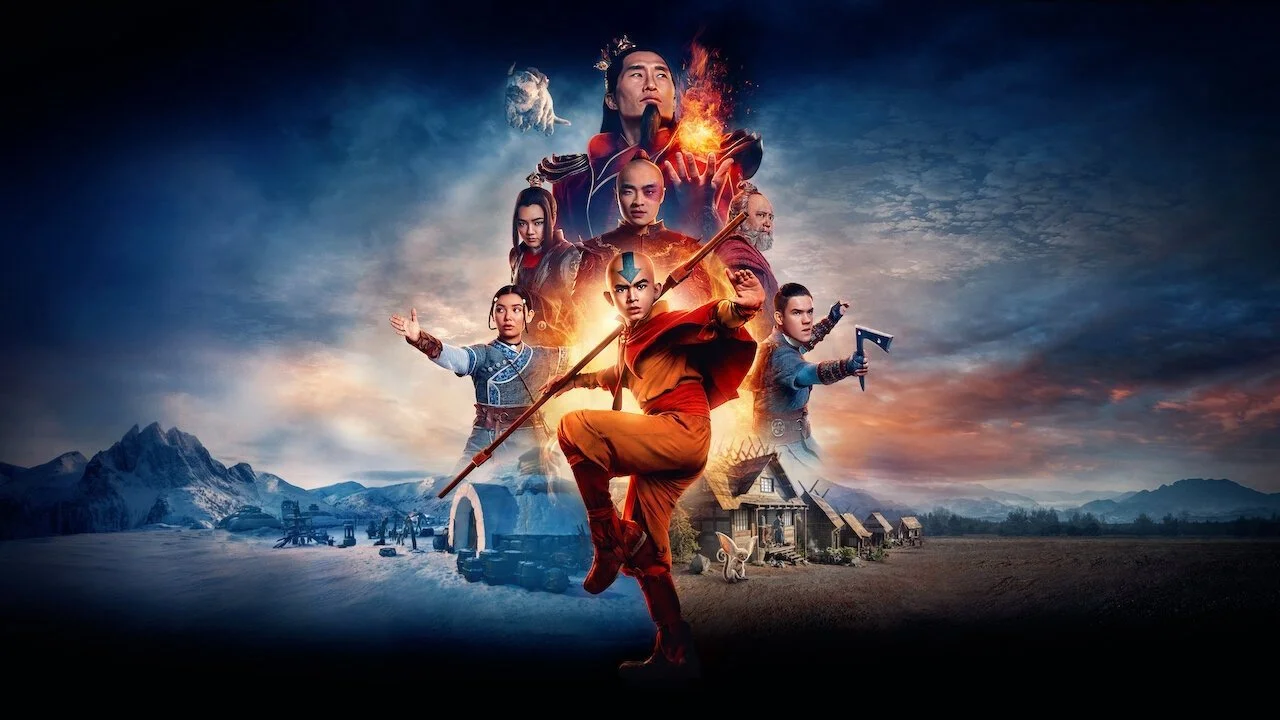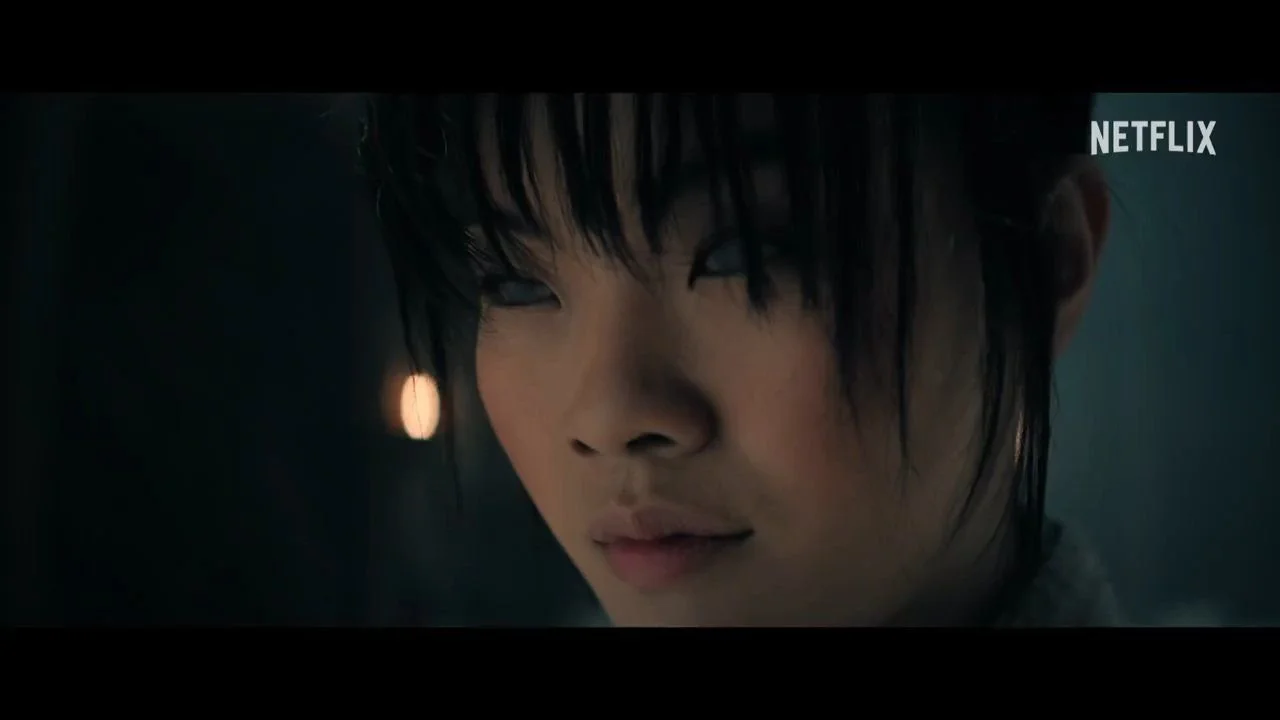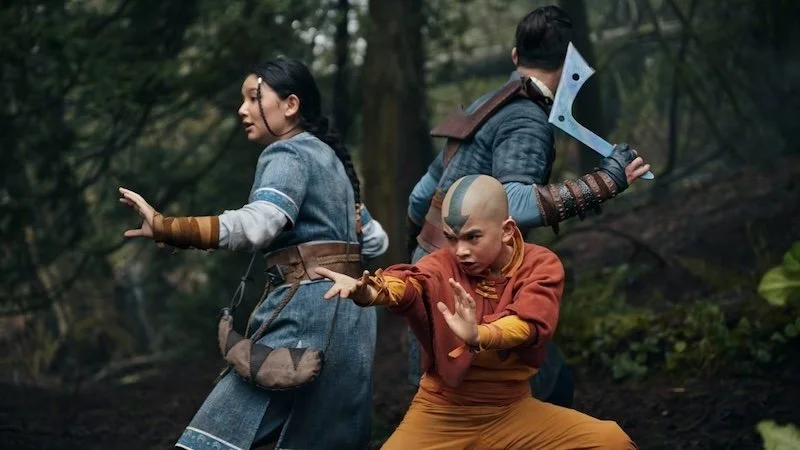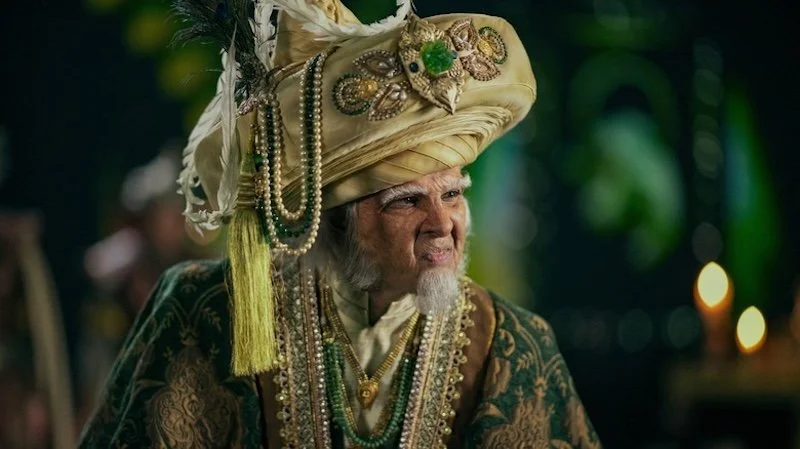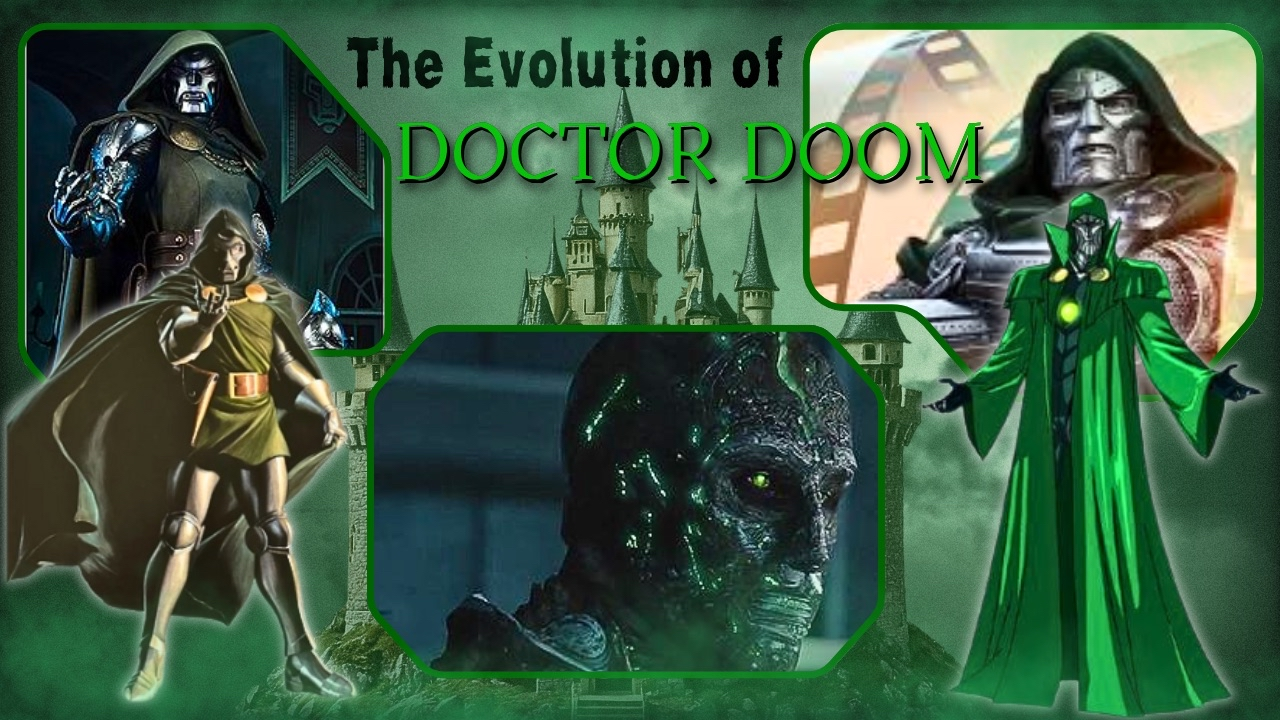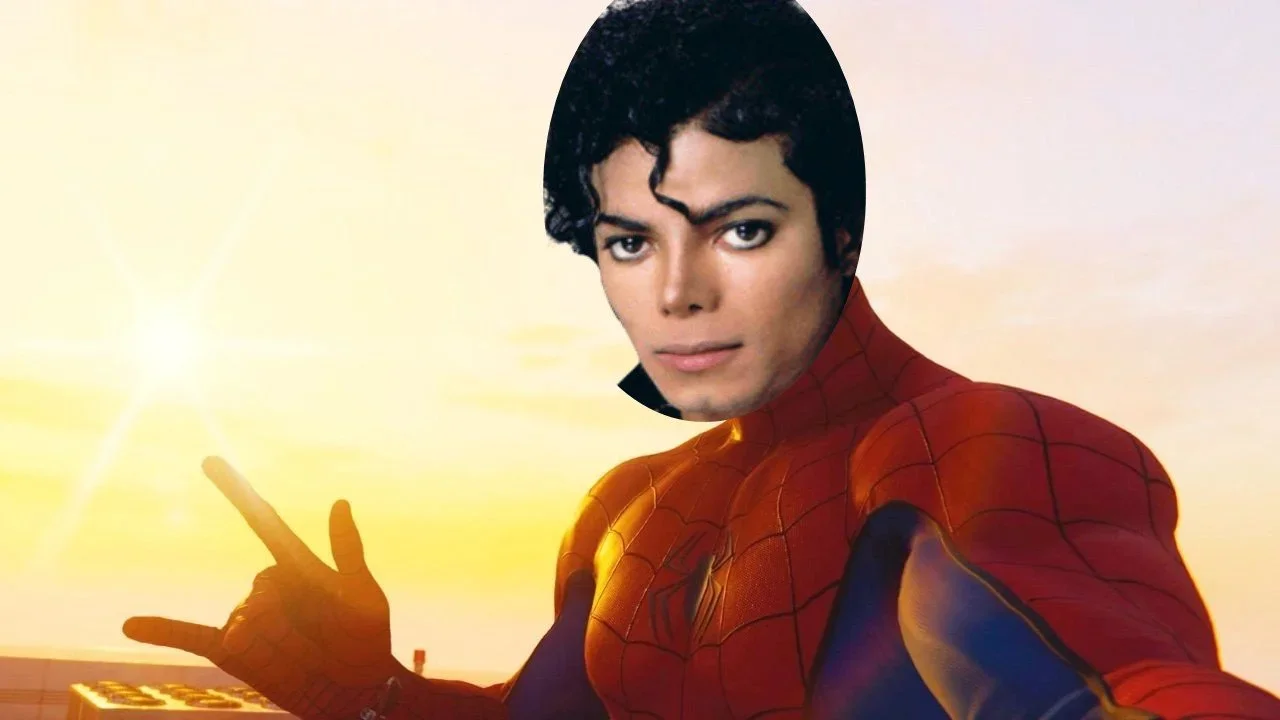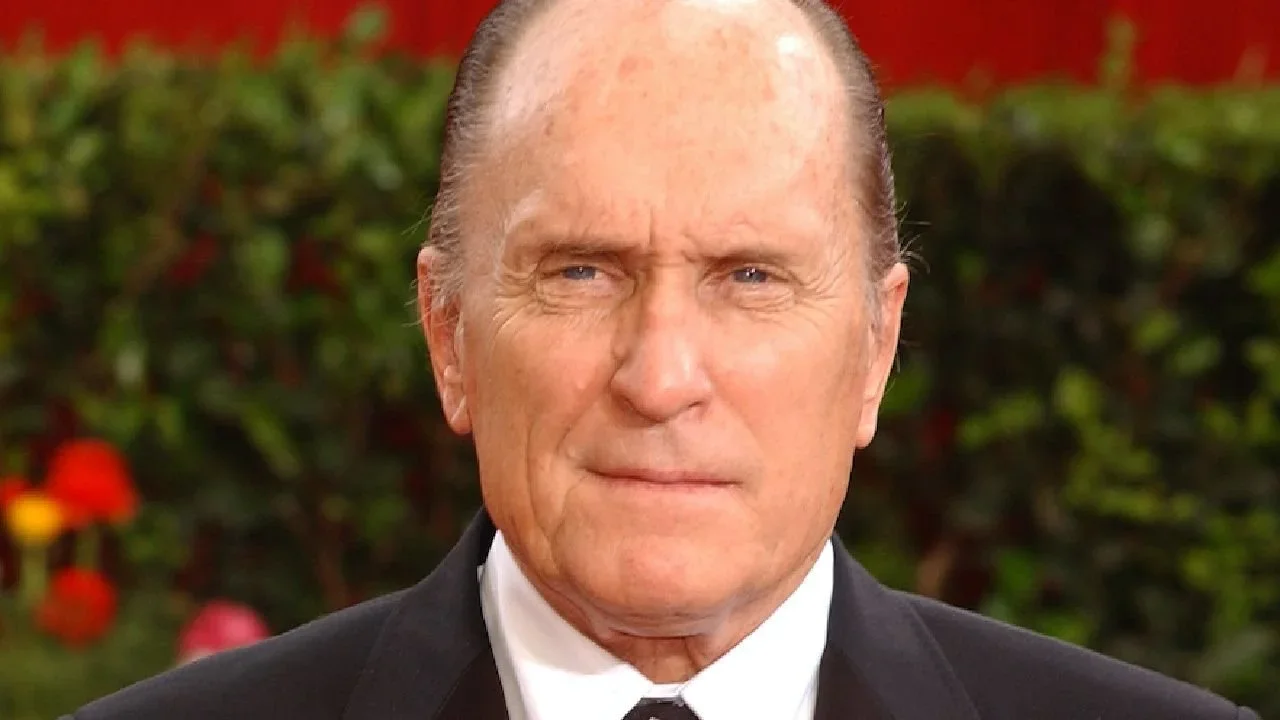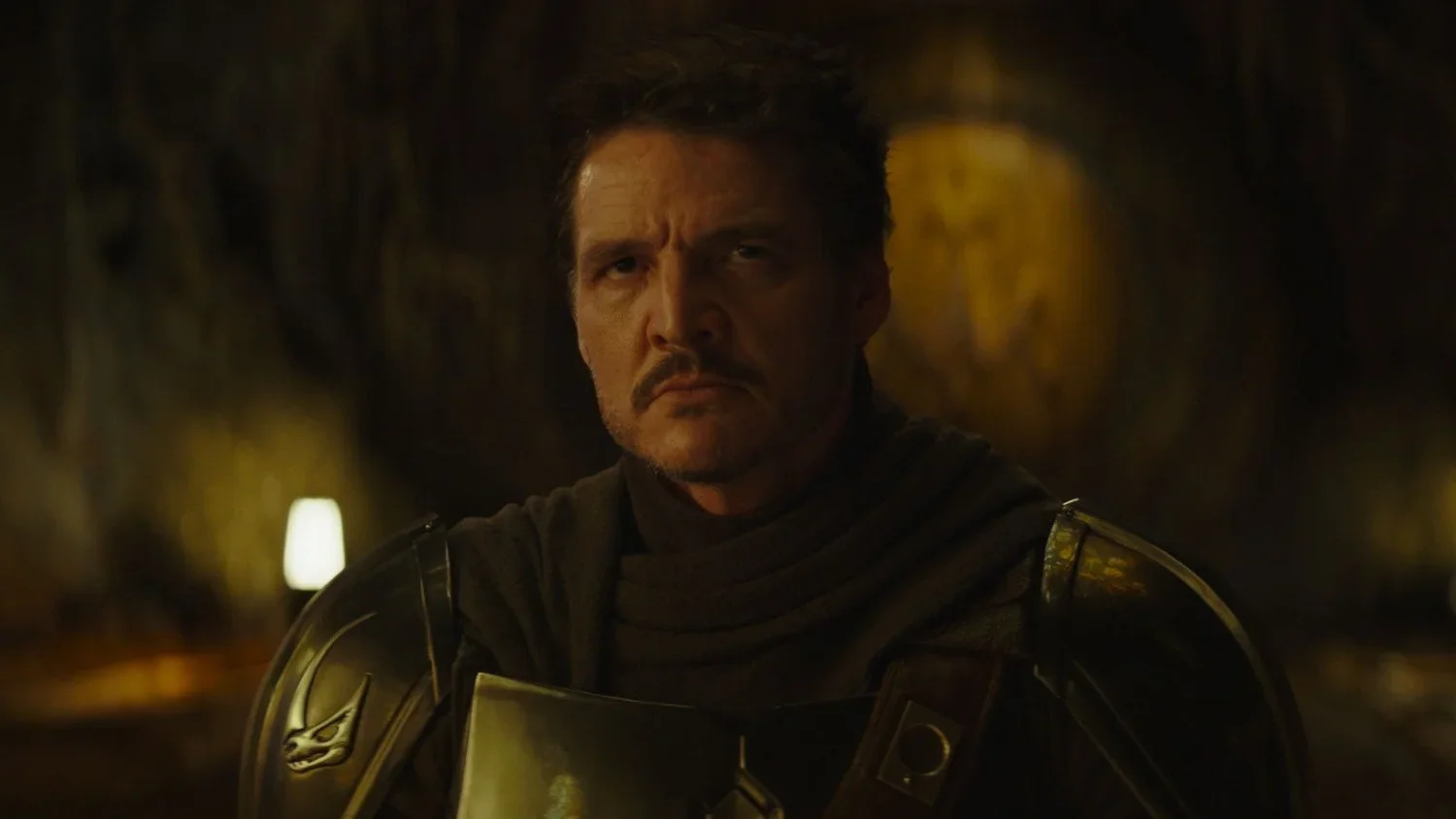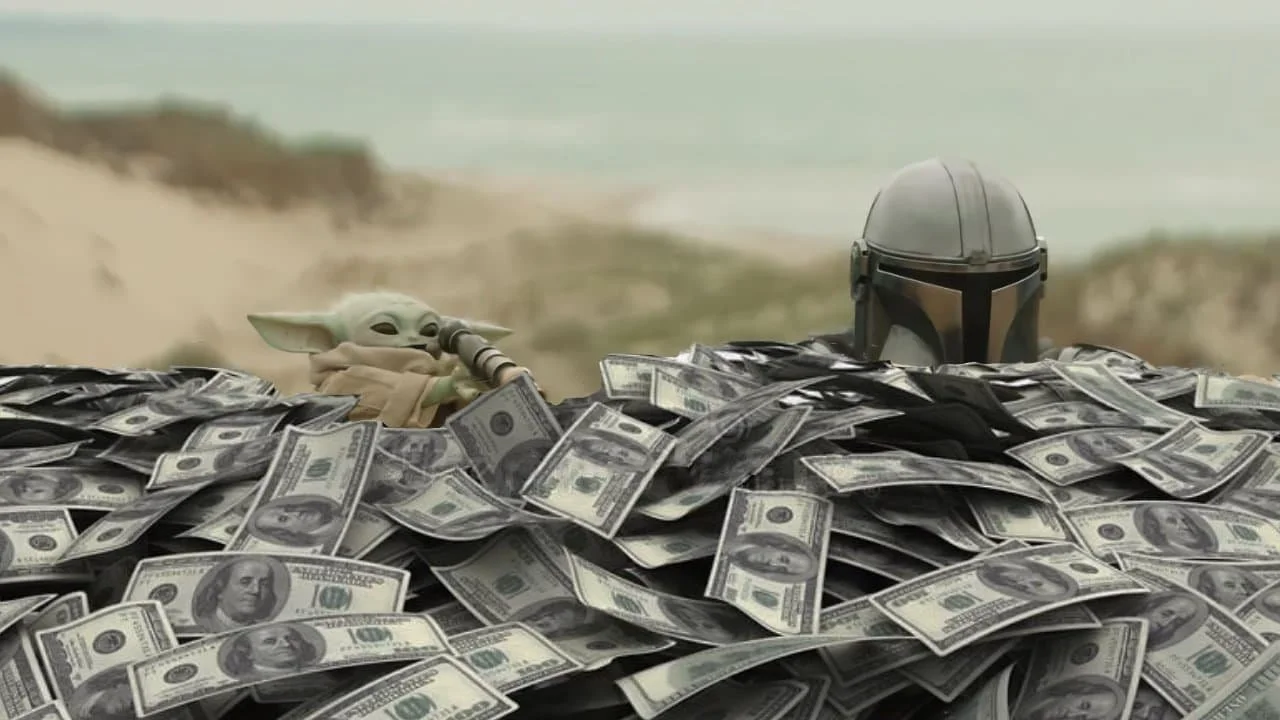'Avatar: The Last Airbender': How To Look At A TV Adaptation Objectively
Image Source: Netflix
If you’ve read any of my work here, you’ll know I’ve talked about adaptations before and dropped lines here and there about how we should look at them. With Hollywood increasingly doing remakes and adaptations of earlier works, it has become necessary to have a longer discussion on how we should approach evaluating adaptations. Reviewers and critics are given access to these works to give us their impressions early on. Typically, though, there are frequent comparisons to the source material.
Hello,
Is that what we should be doing, though, as reviewers? There’s no doubt we can’t ignore the relationship to the source material, but it’s an adaptation, and that word inherently means there’s a degree of separation that needs to be considered. So the question that comes to mind, then, is do we give it a score based on its own merits, or how well it matches the original?
RELATED:
I think the straightforward answer to the latter is no. What would be the point of watching it if it’s a carbon copy of the original? That’s not why adaptations get made. The point is to watch it, and I argue that it is to look at it in a separate light, for it to stand on its own. Think of it like members of a family. It’s related to the source material, but clearly not the same. It’s not a clone.
So then how do we do that? How do we judge something on its own merits objectively when it’s based on something, especially something that is immensely popular?
Image Source: IGN Nordic
The easy answer comes from the benefit of being a teacher: a rubric. Any piece of work can technically be evaluated through a rubric. Rubrics have standards, and they’re objective if they’re well-made. It takes the emotion out of things, and if we want to be as objective as possible, a rubric should be the best option to evaluate something like an adapted show or a movie.
But we read reviews and critics for the nuanced takes and comments they have for particular scenes or styles. If we just did rubrics for the things we love to watch, it would be a little too boring and take the humanity out of it, in my opinion. To maintain that aesthetic, while not harping on and on about how different something is from the source material, there has to be a way to do this.
Let’s look at the latest adaptation that has generated a lot of discourse: Avatar: The Last Airbender. Even before the show was released, people were complaining about it because of interviews and things said. It was revealed that Sokka wouldn’t be sexist anymore, and people lost their minds about how he lost his development then, and what’s the point if that’s the case? Don’t sacrifice the character’s personality to avoid hurting people’s feelings. To be fair, the show isn’t perfect. One of the pitfalls of the show was the pacing, and that did hurt the reviews in some instances. But these reactions were based on an interview before the show even aired.
Image Source: Looper
If something is reviewed, it should be done so and evaluated on its own merits. The word adapt is built into adaptation. When adaptations are done, adjustments have to be made due to the change in medium, the restrictions on budget, and the length of the season. These force the writers to adjust the storytelling which makes it sort of like the scene in Endgame where The Ancient One explains to Bruce how the separate timelines happen. Like the family example, this is a similar metaphor; the story of the adaptation is an alternative story. As such, things will develop differently. The world-building and universe are the same (the family metaphor). The beginning and the end can be similar, but the event-reaction nature of storytelling changes as characters react to a different set of events because of the reasons above. It is this fact alone that demands we should evaluate these things on their own merits.
What are those merits? The most important, and arguably the only, thing to consider is storytelling. Regardless of the accuracy of the adaptation compared to the original source, we should be able to evaluate its ability to tell a coherent and engaging story. Do the characters grow along the way? Are the arcs compelling? Notice how these questions don’t get plot-specific about the original? It’s entirely possible to approach an adaptation like this. We can use this same mindset to look at other things as well. Set design, characterization, world-building, action, costumes, etc. The concern over Sokka’s missing sexism, or Aang not being as silly as he was in the cartoon are an example of expectations not being met. Those expectations should have been tempered though, because the nature of adaptations comes with an expectation that things will be different. The tone is much darker and more mature in the live-action adaptation than the cartoon. The characters reflect that.
Image Source: The Mary Sue
What we don’t need to do, and shouldn’t, is constantly compare it to the original. It’s low-hanging fruit. It’s also inherently flawed. In the case of Avatar: The Last Airbender, you’re comparing a cartoon to a live-action show. Voice acting and traditional acting are different because the mediums are different. It’s the same thing when you’re adapting a written work to a visual medium. Different mediums have different paces, time constraints, budgetary constraints, and so on. They don’t translate well with each other without some tender handling. The really well-done adaptations are those that understand the benefits of the two mediums and how to maximize that while telling an engaging story.
Avatar: The Last Airbender has all the elements it needs to be part of the ATLA family, but makes enough changes to set its own path. Sokka’s lack of sexism doesn’t detract from his quest to prove he is a capable warrior and leader. Katara’s lack of emotional outbursts doesn’t detract from her journey to realize she is strong. Aang’s lack of silliness doesn’t detract from his arc, it’s just not that well-written.
READ NEXT:
Source(s): Netflix

